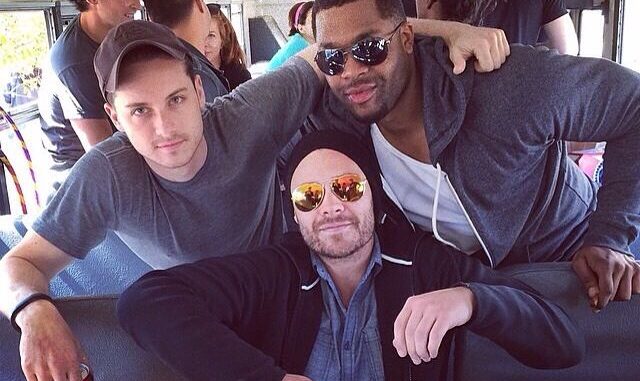
Adam Ruzek’s journey in Chicago P.D. has been one of the most emotionally intense and layered character arcs in the series. Introduced as a young, passionate, and sometimes impulsive officer, Ruzek has experienced a rollercoaster of personal and professional trials. However, it was from Season 6 onward that his emotional odyssey truly began to deepen, challenging both his loyalty to the badge and his inner resilience.
In Season 6, Ruzek faced one of his earliest major trials: being arrested for obstructing justice in order to protect his fellow officer, Antonio Dawson. This decision placed him at odds with the department, forcing him to reckon with the consequences of loyalty taken to the extreme. His arrest wasn’t just a legal battle; it was a moral turning point that questioned his sense of right and wrong within a corrupt and politically volatile environment.

Following this, his relationship with Kim Burgess evolved significantly. Their on-again, off-again romance became more complex with the reveal of Kim’s pregnancy and the tragic miscarriage that followed. These events brought out a more emotionally mature side of Ruzek, who shifted from reckless cop to a man capable of deep care and responsibility. His efforts to support Kim through grief and uncertainty reflected a deepening of his emotional core.
Professionally, Ruzek continued to grapple with trust, justice, and authority. Whether it was going undercover, taking brutal beatings for the job, or questioning the ethics of his orders, Ruzek’s journey always teetered on the edge between duty and disillusionment. His willingness to sacrifice his safety for the Intelligence Unit showed an almost self-destructive loyalty—but it also demonstrated a growing understanding of the personal cost of police work.
By Season 12, Ruzek faced perhaps the most heartbreaking chapter yet: dealing with his father’s diagnosis of early-onset Alzheimer’s. This emotional blow was unlike any other challenge he had faced. It wasn’t a case he could solve or a bullet he could dodge. Watching his father slowly fade—losing memories, identity, and dignity—forced Ruzek to confront feelings of helplessness and fear. For a man used to action and control, this was a deeply personal and painful reckoning with vulnerability and time.
